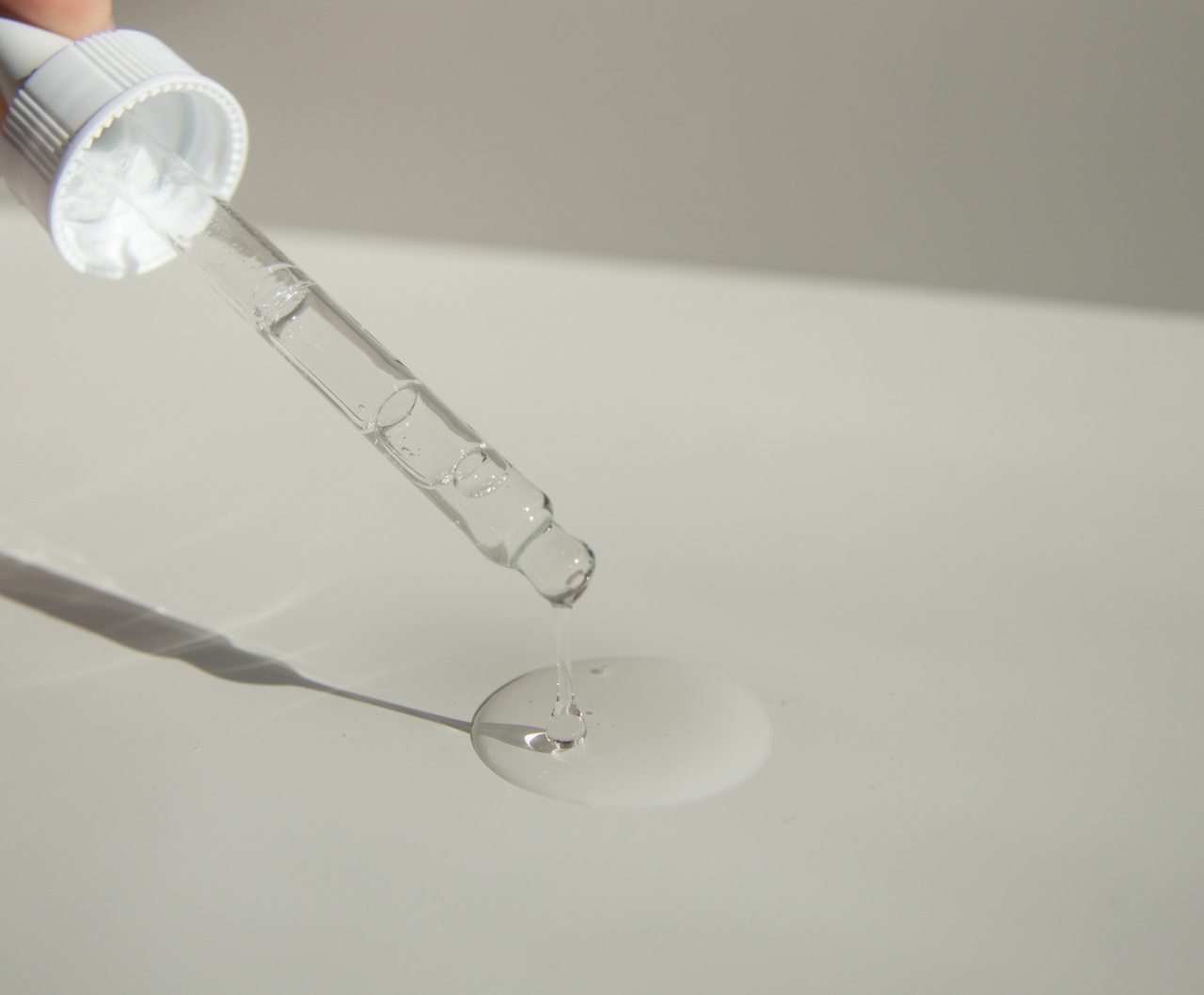PSA or Prostate-Specific Antigen is a protein produced by the prostate gland. The PSA test measures the amount of PSA in the blood and is used to screen for prostate cancer and monitor the progression of the disease in those already diagnosed.
However, interpreting PSA test results can be confusing, and knowing what your scores really mean is important. This article will walk you through the interpretation of PSA test results, the factors that can affect the levels of PSA in your blood, and the actions you can take based on your test results.
What is the Meaning of PSA Test Scores?
PSA test results are reported as nanograms of PSA per milliliter (ng/mL) of blood. In general:.
- PSA scores less than or equal to 4 ng/mL are considered normal.
- PSA scores greater than 4 ng/mL are considered elevated.
- PSA scores greater than 10 ng/mL indicate a high risk of prostate cancer.
However, it is important to know that the PSA test is not a perfect test, and other factors can cause elevated PSA levels which are not related to prostate cancer.
Factors that can affect PSA levels
Several factors can influence the levels of PSA in your blood, including:.
- Age: PSA levels often increase as you get older due to the natural growth of the prostate.
- Prostate enlargement: Benign prostatic hyperplasia (BPH) or an enlarged prostate can cause higher PSA levels.
- Prostate infection: Inflammation of the prostate or prostatitis can temporarily raise PSA levels.
- Prostate cancer: The most serious cause of high PSA levels is prostate cancer. However, not all cases of prostate cancer cause elevated PSA levels.
- Sexual activity: Ejaculation and other types of sexual activity can cause a temporary increase in PSA levels.
- Medications: Certain medications, such as finasteride and dutasteride, can lower PSA levels. Conversely, some medications, such as testosterone replacement therapy (TRT), can raise PSA levels.
Actions to take based on PSA test scores
If your PSA test score is elevated, your doctor may recommend further tests to investigate the cause. Some of the additional tests you may need include:.
- Digital rectal exam (DRE): A DRE is a simple test in which a doctor inserts a gloved finger into the rectum to feel the prostate for lumps or abnormalities.
- Prostate biopsy: If the results of the initial tests are concerning, your doctor may perform a biopsy to take a small sample of tissue from the prostate gland to confirm or rule out cancer.
It is important to know that a high PSA level does not always mean that you have prostate cancer.
However, it is also crucial to take prompt action if you do have prostate cancer, as early detection and treatment can provide the best chance for a positive outcome.
Conclusion
The PSA test is an important tool in the detection and monitoring of prostate cancer. However, interpreting the results can be complex, and other factors can influence the levels of PSA in your blood.
If you have concerns about your PSA scores, it is important to discuss them with your doctor, and he or she can recommend further tests or treatment, if necessary.





























